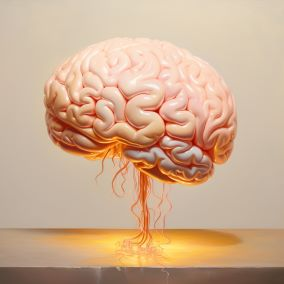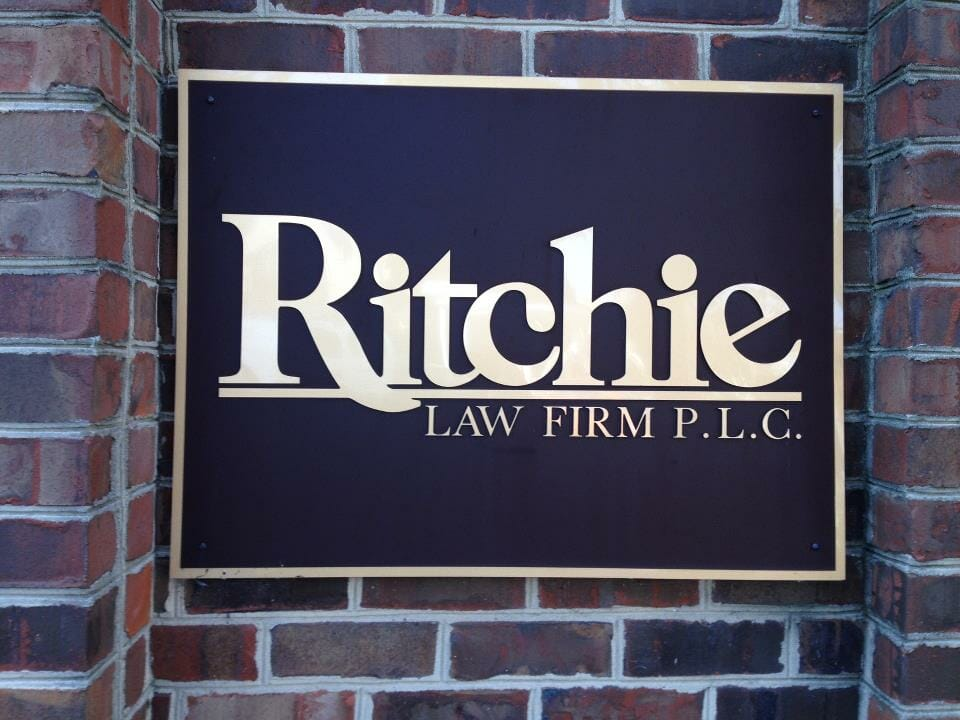TBI Long Term Effects and Symptoms Years Later
A traumatic brain injury or TBI can cause moderate to severe injuries and long term consequences for many years after the initial injury. A traumatic brain injury results when there is a sudden blow or impact to the body that causes the head to shake back and forth or from side to side. What can you expect when you sustain a traumatic brain injury? What are possible traumatic brain injury long term effects and symptoms years later?
Traumatic Brain Injury: Severe TBI Symptoms
The effects of a moderate to severe TBI traumatic brain injury may last for a long time or may even be permanent. Many times the lasting effects of a traumatic brain injury will cause persistent symptoms which may come and go, but really never completely resolve. Those lingering symptoms after a moderate or severe TBI can include:
- mood swings
- frequent headaches
- sleep disorders
- cognitive impairments
- double vision or other vision problems
- memory loss
- emotional effects
As a result of these persistent symptoms, the traumatic brain injury sufferer frequently experiences negative issues in their work and family lives. Tasks that were once easy to complete become much more difficult after the traumatic brain injury because of memory problems, vision problems, and frequent headaches that impact TBI patients and their ability to function on a day to day basis.
Persistent symptoms from traumatic brain injury can also affect the injured person through their personal life and family members, as the tbi symptoms may cause mood swings, impulse control, sleep disturbances, and similar symptoms that may make the traumatic brain injury sufferer difficult to live with.

Severe Traumatic Brain Injury Long Term Consequences
For many traumatic brain injury victims, the lasting consequences that result from a severe traumatic brain injury may lead to long term deficits in motor skills and other disabilities. Severe brain injury long term effects can include loss of brain function and cognitive function which can make certain some diagnostic and long term treatments necessary, such as:
- magnetic resonance imaging
- physical therapy
- speech therapy with a speech therapist
- cognitive therapy
- occupational therapy
Physical effects of a severe traumatic brain injury may leave the traumatic brain injury sufferer with long term issues including:
- chronic pain
- sleep disorders
- paralysis or spasticity
- loss of control of bladder and bowel functions
- seizures
- brain swelling
- difficulty regulating body temperature
- hormonal changes
Lasting cognitive function effects of a severe head injury may include:
- difficulty with attention and focus
- confusion
- difficulty processing speech and language
- being easily distracted
- problems with executive functions
- impulsiveness
Lasting effects on speech caused by severe brain injuries may include:
- difficulty speaking or communicating ideas — often referred to as aphasia
- slurred speech
- speaking overly fast or very slow
- difficulty comprehending written text
Sensory Effects (touch, visual, hearing, smell, and taste) may include:
- difficulty feeling the positions of arms and legs
- difficulty with correctly perceiving cold or warm temperatures
- difficulty distinguishing between lighter touch and more intense pressure
- partial or complete loss of vision
- blurred vision or other vision changes
- intolerance of light, often called photophobia
- tinnitus or ringing in ears
- decreased hearing ability or loss of hearing
- decreased sense of smell, often called anosmia

Mild Traumatic Brain Injury
Traumatic brain injuries that are not as severe or are classified as more moderate traumatic brain injury can also leave lasting effects on head injury sufferers even though the injury wasn’t as severe. A mild traumatic brain injury is often referred to as a concussion and the terms are often used interchangeably.
It was once thought that mild traumatic brain injuries had relatively few lasting symptoms. However, recent studies have shown that this is not the case. In fact, the symptoms of mild traumatic brain injuries can last for just as long as a more severe tbi and also display persistent symptoms.
Research showsthat there may be delayed effects of a mild traumatic brain injury up to one year after the original injury. Because of this, if you experience any new or continuing symptoms after a head injury, it’s important that you contact your doctor right away. Getting treatment for a head injury early on greatly increases the chances of recovery and helps to minimize the risks of long term effects.
Mild traumatic brain injury suffers can experience persistent symptoms such as:
- headaches
- sensitivity to light
- dizziness
- sleep disorders
- fatigue
- mood swings, depression, anxiety
Treatment of Mild Traumatic Brain Injury
The recovery process for a mild traumatic brain injury may take some time. Your physician will help guide your treatment and recovery process after a mild TBI. Fortunately, there are many good treatment options available to help speed along the recovery process after a traumatic injury. Some of those treatment options include:
- Rest — it’s important to give your brain a rest after you’ve suffered a closed head injury. Cognitive rest will allow the brain to devote energy to recovering from brain trauma. Cognitive rest means avoiding activities such as using smartphones or computers, driving, reading, etc. As the brain cells heal, you can gradually resume some of these activities.
- Light exercise — Of course, ask your doctor about physical activity. However, depending on the severity of your head trauma, your doctor may recommend that you engage in low impact exercise, such as walking.
- Eat healthy foods and hydrate regularly
- Avoid alcohol — alcohol contains neurotoxins that can do further damage to brain cells.
- Medication — Your doctor may prescribe medications to help control headaches and improve other symptoms.
When Should I Hire a Virginia Brain Injury Attorney?
Because traumatic brain injury cases can be complex and have devastating consequences, it’s important for brain injury victims to seek legal services as quickly as possible. In Virginia, TBI victims typically have two years from the date of the injury to file suit in a traumatic brain injury case. Please note, that there are factors which may change the statute of limitations filing date. As a result, you should seek advice from a Virginia brain injury lawyer as soon as possible.
TBI cases can be quite complex because often they may involve substantial medical expenses, lost wages, a loss of future earning capacity, as well as permanent damage to the brain and other parts of the body.
A severe brain injury will require more immediate legal attention, since you will want a Virginia brain injury attorney working to help you navigate the medical treatment process as well as taking the lead on all communication from the insurance company.
 Your Team for Your Traumatic Brain Injury: Virginia Brain Injury Lawyer
Your Team for Your Traumatic Brain Injury: Virginia Brain Injury Lawyer
If you or a loved one has suffered a brain injury due to someone else’s negligence, it’s important to seek legal representation from an experienced accident lawyer right away. Even a mild traumatic brain injury case is complex and a lawyer who regularly handles minor car accident cases will not necessarily be equipped to handle the more significant brain injury case. You will need to make certain the attorney you choose has experience with cases involving brain injuries.
The aftermath of an accident involving a brain injury can be overwhelming and stressful, and you need an experienced brain injury lawyer on your side to fight for your rights and help you navigate the complex legal system. Don’t wait to take action, even if you have a mild traumatic brain injury, and don’t let insurance companies take away what is rightfully yours. Contact the Ritchie Law Firm, your Virginia brain injury attorney, today for a free case evaluation and begin the process of getting the compensation you deserve.
Contact the Ritchie Law Firm, your Virginia brain injury lawyer, by phone at 800-277-6124 or by using our online contact form.
Don’t Get Hurt Twice!
You can talk to us for FREE
Call today 800-277-6124, fill out the form below or
download our free ebook in the side panel.
800-277-6124
Ritchie Law Firm is a law firm comprised of Virginia brain injury lawyers helping individuals who have suffered serious and catastrophic injuries or lost a loved one as a result of a brain injury. Ritchie Law Firm serves all of Virginia, while helping clients in cities and surrounding areas of Harrisonburg, Charlottesville, Staunton, and Winchester also serves clients in West Virginia, including Martinsburg, WV.

